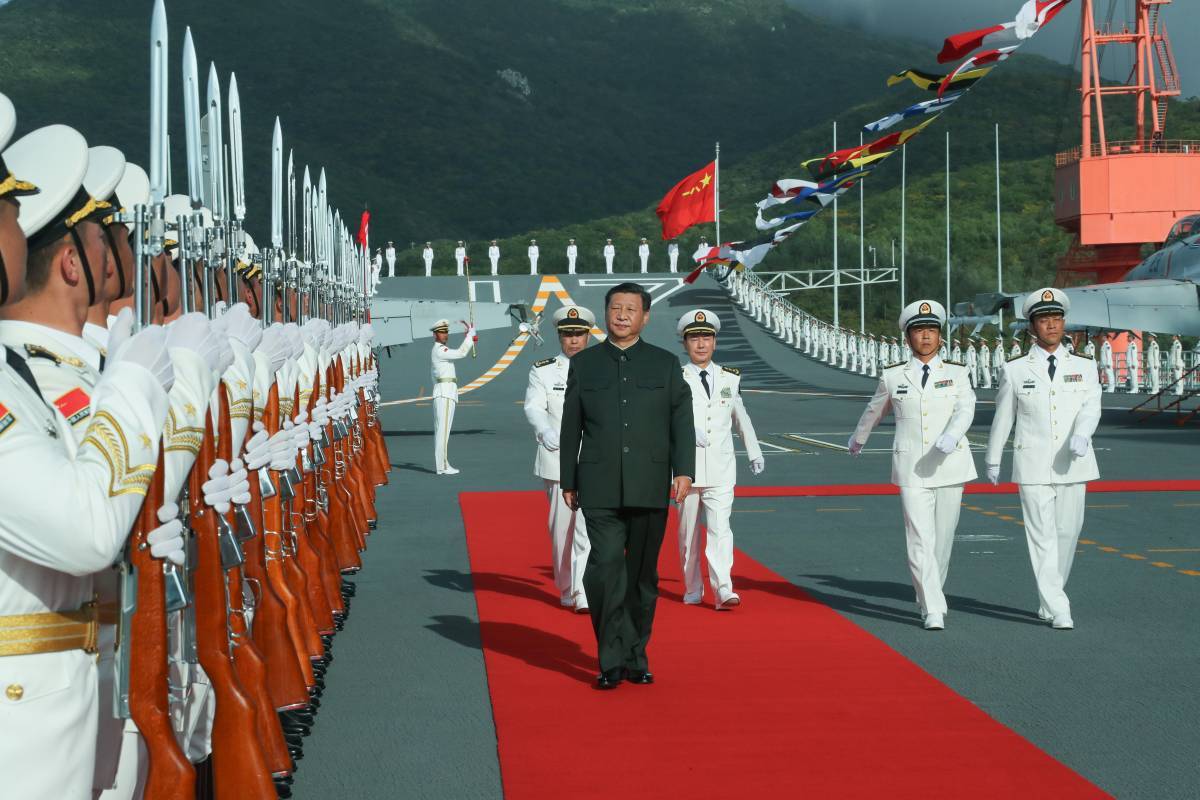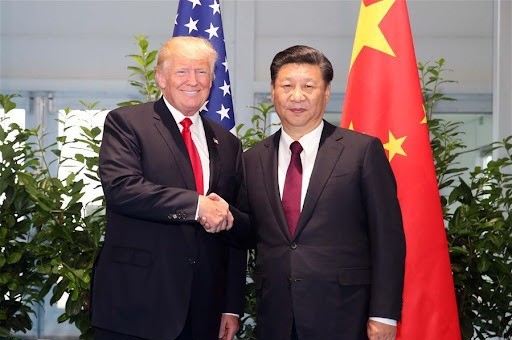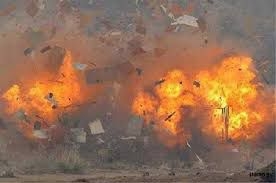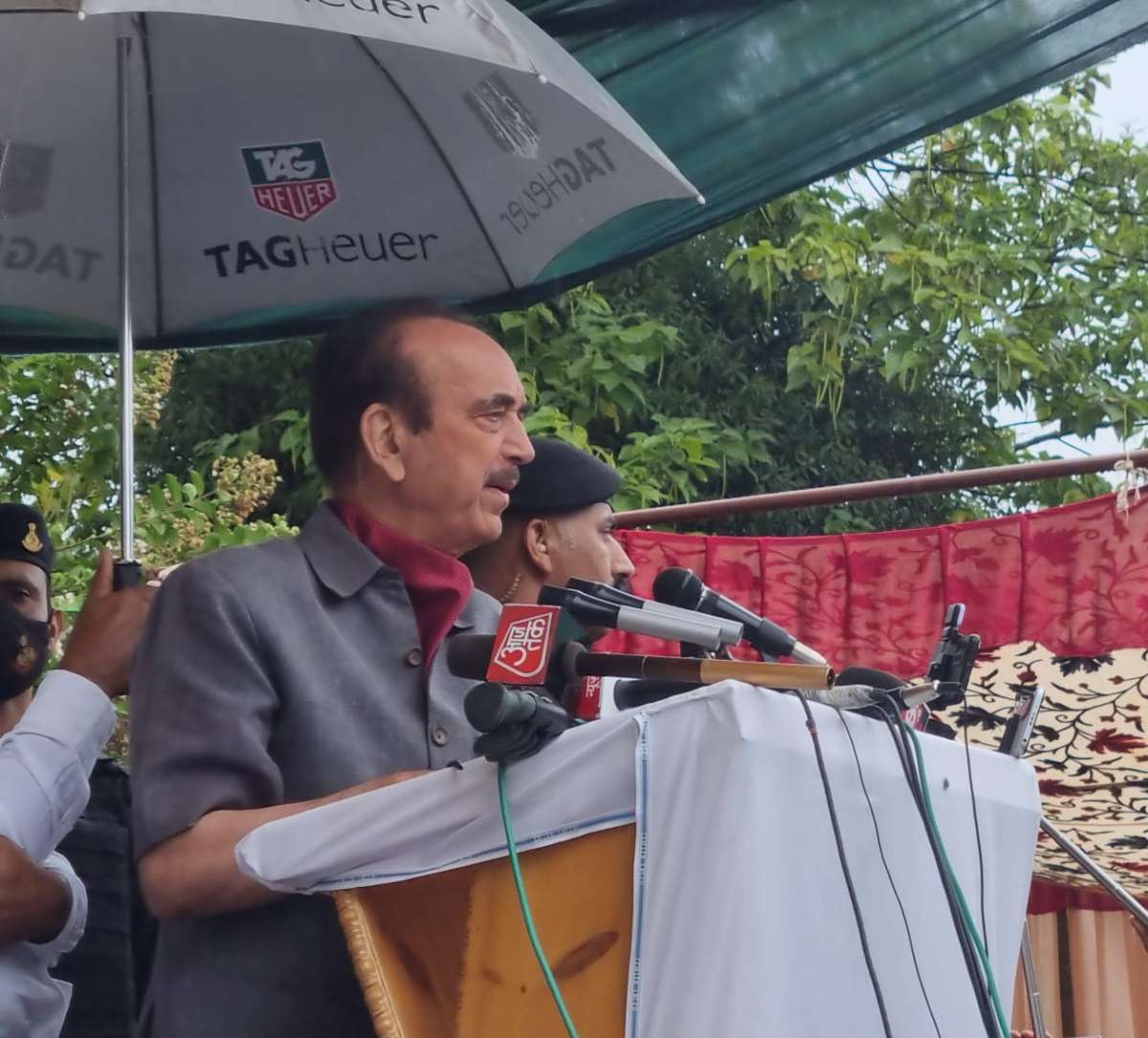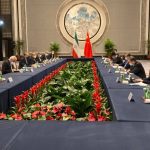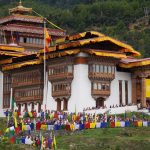Xi has been absent from the public eye since he returned to China from the SCO Summit in Uzbekistan last weekend. Observers said he is likely to be quarantining…reports Asian Lite News
Purges of senior officials and unfounded rumours of military coups in Beijing have fed into feverish speculation ahead of a key meeting of Chinas ruling party next month, when President Xi Jinping is expected to be granted an unprecedented third term.
The jailing of a clique of senior security officials for corruption, followed by days of strange and quickly dispelled rumours of Xi being under house arrest, have fuelled what one analyst called a “hothouse” environment mired in secrecy and suspicion, The Guardian reported.
Last week, a Chinese court jailed the former vice-minister of public security Sun Lijun, the former justice minister Fu Zhenghua, and former police chiefs of Shanghai, Chongqing and Shanxi on corruption charges.
Fu and the police chiefs had been accused of being part of a political clique surrounding Sun, and being disloyal to Xi.

Xi is expected to be re-appointed as leader of the party and military commission at the meeting, after he abolished the two-term limit in 2018 and waged a years-long anti-corruption campaign that also targeted many political opponents.
On Sunday, the state media announced the list of Chinese Communist Party (CCP) central committee delegates, numbering almost 2,300, had been finalised.
Xi’s inclusion on the list further refuted social media rumours that had been swirling since September 24 of a military coup.
The unfounded claims, accompanied by unsourced videos of military vehicles and based mostly on mass flight cancellations, were debunked, but not before it began trending on Twitter, The Guardian reported.
There was no specific mention of the coup rumours on China’s social media, but a Weibo hashtag related to “airports across the country cancel flights” was viewed by more than 200,000 people over the weekend.
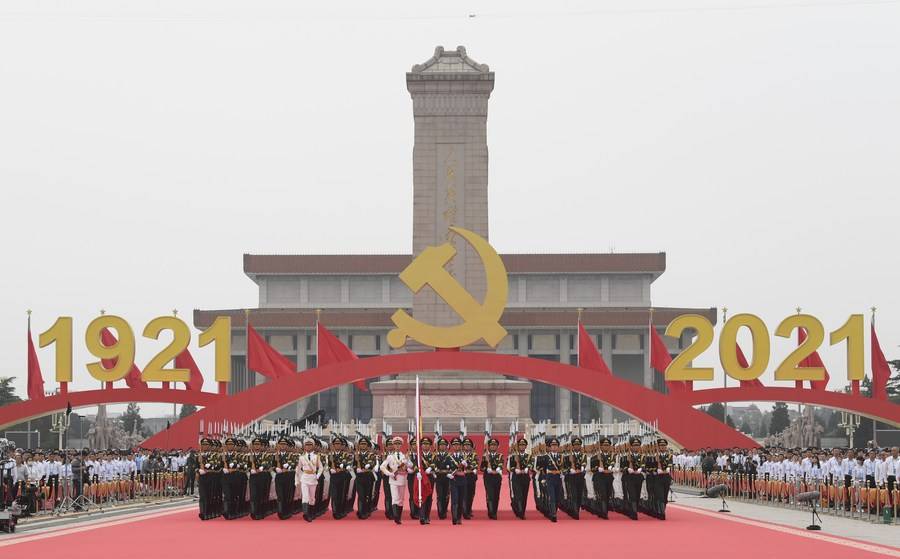
Some made fun of the rumours, noting the lack of evidence of a political takeover on the ground in Beijing, The Guardian reported.
Drew Thompson, a scholar with the Lee Kuan Yew School of Public Policy, said a coup in China wasn’t entirely implausible, and Xi had reportedly shown concern about the prospect in the past, but the weekend’s rumours looked more like “wishful thinking”.
They appeared to originate in accounts associated with the Falun Gong movement, which Thompson said was “essentially not credible”.
“The rumour that Xi Jinping has been arrested has legs because it is such a sensitive political moment in China, and the recent trials (and convictions) of long-serving senior officials creates a hothouse atmosphere,” he said on Twitter.
Other analysts like Sinocism author, Bill Bishop, said he thought the rumours were “BS” but the “inherent opacity” of the CCP mechanisms easily fuelled their spread.
The party congress is a secretive process of power distribution, with the most senior positions not announced until the final day.
Government control of the domestic narrative and crushing of dissent has intensified in recent weeks as the meeting approaches.
Xi has been absent from the public eye since he returned to China from the SCO Summit in Uzbekistan last weekend. Observers said he is likely to be quarantining, The Guardian reported.
“I think the fact this rumour spread so far, and was considered plausible enough to analyse is really a reflection of an underlying shortcoming of Chinese governance,” said Thompson.
China’s government has not responded to the rumours, but public security authorities were among those posting under the hashtag “the truth about large-scale cancellation of flights across the country”, disputing the significance of the cancellations which they said was normal for the pandemic.
The party congress begins on October 16, The Guardian reported.
The event, in Beijing’s Great Hall of the People, is closed to the public but is the most important date on the CCP’s five-year political cycle.
There is speculation that Xi could further consolidate power with the promotion of stronger allies to senior positions, and that the party will resurrect the ‘people’s leader’ title not used since Mao Zedong.


